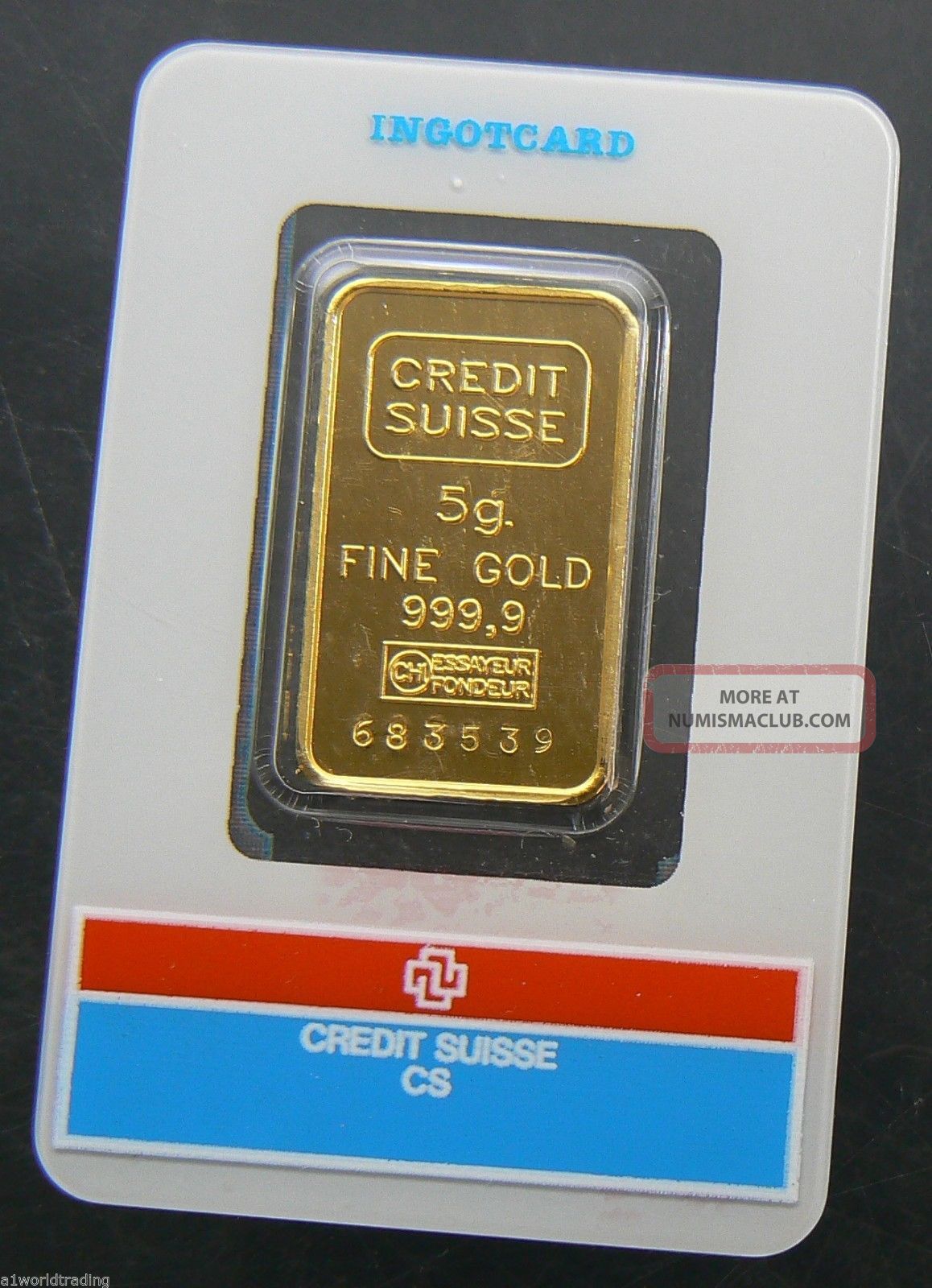
It contributed the most – Rs 39,270 crore - to the government kitty this time.īesides the 700 MHz band, Jio bought most of its airwaves in the coveted C-band, or mid band (3.3-3.67 GHz) and 26 GHz bands to address both coverage and capacity needs of a robust pan-India 5G network that can withstand the challenges of an antici-pated surge in data consumption, post-deployments. The band went unsold in the previous two auctions, but the price was cut by 40% for this sale, from the base price of 2021. The Centre garnered its highest ever auction proceeds, mainly on the back of the 700 MHz band – bought only by Jio. “There was good competition as one operator had 5 MHz and another wanted 5 MHz,” he said. He was refer-ring to the 1800 MHz band as being good for expanding the capacity of a telco in order to cater to rising data demand. The bidding competition in the 1800 MHz UP (East) was a capacity game, Vaishnaw said. Telcos spent over Rs 10,376 crore on the band. But it continued for a week, driven largely by intense bidding for 1800 MHz airwaves in the key UP (East) market that resulted in the per unit price of this spectrum jumping to nearly Rs 163 crore a unit compared with the base price of Rs 91 crore. The auction of 5G spectrum, which also offers lag-free connectivity, and can enable bil-lions of connected devices to share data in real-time, was widely expected to last just two days. We will provide ser-vices, platforms and solutions that will accelerate India’s digital revo-lution, especially in crucial sectors like education, healthcare, agriculture, manufactur-ing and e-governance,” Akash M Ambani, Chairman, “Jio is committed to offering world-class, affordable 5G and 5G-enabled services.

Over this time frame, Vaishnaw expects the industry to in-vest Rs 2-3 lakh crore. The quantity of spectrum purchased is good enough for covering the entire country, and that the government is hopeful of such a coverage in two to three years, Vaishnaw said. He added that all auction formalities, including spectrum allocation, will be completed in the next 10-12 days and expects telcos to start 5G service launches in October. So, this is definitely surprising," telecom minister Ashwini Vaishnaw told reporters after the end of the sale, which generated Rs 1,50,173 crore. Everybody was expecting it to be in the Rs 80,000 to Rs 1 lakh crore range. “Definitely this (auction) result is better than what was anticipated by everybody, all the stakeholders, including the industry and the investors.

Vodafone Idea (Vi) is likely to be even more prone to customer and revenue share loss-es post-5G deployments by the top two telcos later this year, said analysts. “Now you take the 50 million top homes in India, they all have WiFi at 50 or 100 Mbps, so what's this five Mbps seven Mbps business? So today with our 850 and 900 band, we are anyway able to de-liver deep inside the home at 3-4 Mbps.” He added that by spending Rs 40,000 crore, Airtel would have been able to offer 7-8 Mbps speeds in-doors. “So for half the price, we are real-ly effectively going to be able to de-liver 100 times capacities.” A company official added that Airtel didn’t need the 700 MHz band given its strong spectrum holdings in the 18 MHz bands.


 0 kommentar(er)
0 kommentar(er)
